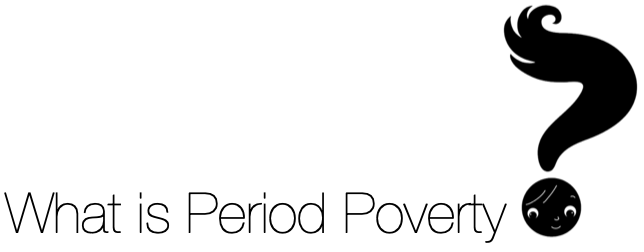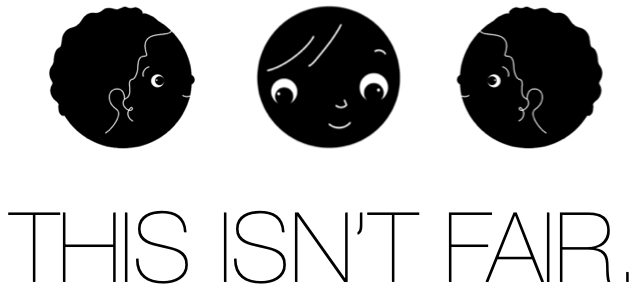PUNCTUATING THE PERIOD: MB Piland's 25th anniversary focused on reducing period poverty
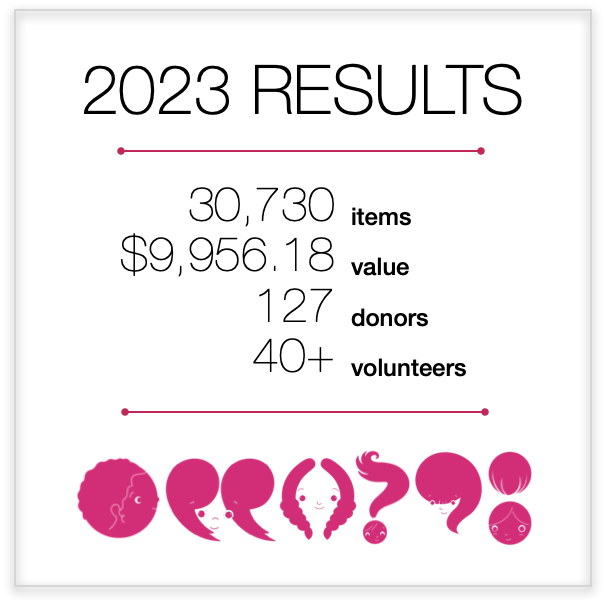
On April 1, 2023, MB Piland turned 25—that's a long time, punctuated by growth, success, ups and downs and renewals. We’re always looking for ways to make our community better. That’s our purpose. To mark this business milestone, we decided to shine a light on Period Poverty. It’s a big problem. And we wanted to do something about it.
Period Poverty is when people don't have the financial means to purchase what they need to manage their menstrual cycle.
Thank you for your support of our campaign to provide period products to Topeka Public Schools. Your generosity exceeded all expectations!
We are happy to report that Community Action has a period pantry and is working with area schools to provide needed products. If you'd like to know more or support their efforts, contact Sara Rust-Martin at
ABOUT PUNCTUATING THE PERIOD
 MB Piland launched Phase 1 of the campaign in February 2023. For 6 weeks we collected donations, and on Friday, March 31, a group of more than 40 volunteers—our clients, friends and supporters—pitched in to create hundreds of period kits that included enough product for a student to manage not just a day, but at least one whole cycle.
MB Piland launched Phase 1 of the campaign in February 2023. For 6 weeks we collected donations, and on Friday, March 31, a group of more than 40 volunteers—our clients, friends and supporters—pitched in to create hundreds of period kits that included enough product for a student to manage not just a day, but at least one whole cycle.
Phase 2 began on April 1, our anniversary, and continued through the end of the year.
Topeka Public Schools is our county's largest school district, serving 13,000 students. About 77% of students in Topeka Public Schools are in low-income families.
THANK YOU to the many people who donated product, money and time for Punctuating the Period. Your generosity has delivered at least 30,730 items valued at nearly $10,000 to Topeka Public Schools.
PACKING PARTY PHOTOS
Check out the photos below from set up to finish!
-
1 ready to start
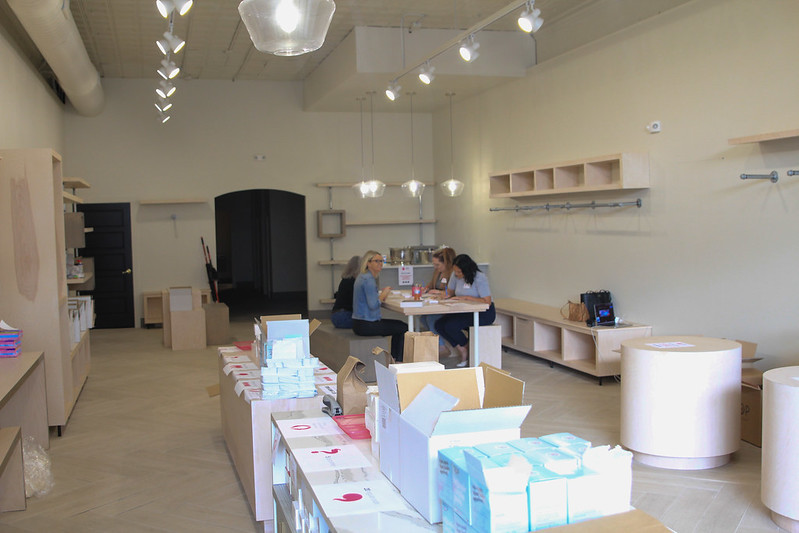
-
2 writing supportive notes
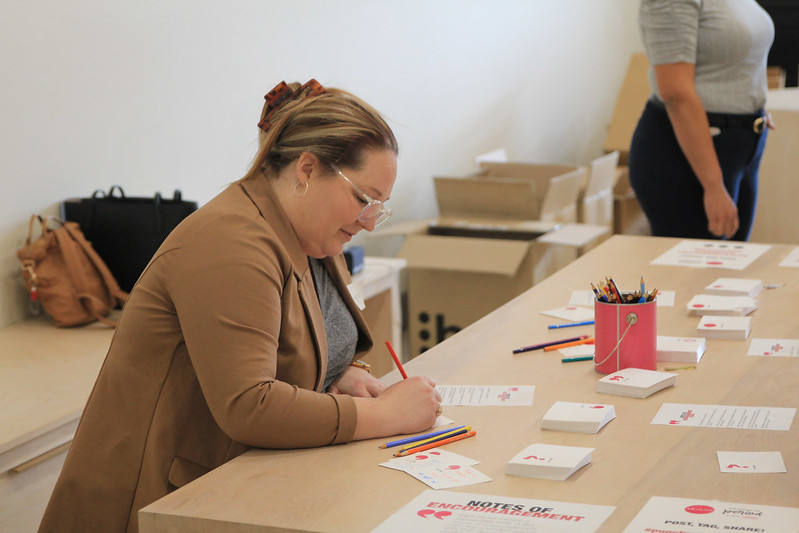
-
3 many hands make light work
-
4 writing supportive notes
-
5 period supplies waiting to be packed
-
6 period supplies waiting to be packed
-
7 volunteers from the Greater Topeka Partnership
-
8 many hands make light work
-
9 Dr Gray hugs a friend
-
10 Kate Denman writes notes with other volunteers
-
11 a tired group of volunteers
-
12 many boxes needed for more than 600 kits
-
13 Dr Anderson speaks with volunteers
-
14 Dr Anderson packs kits
-
15 many hands make light work
-
16 Tonya Sims packs kits with volunteers
-
17 many hands make light work
-
18 many hands make light work
-
19 groovies
-
3 setting up
-
3.1 setting up
-
3.2 setting up
-
3.5 extra product
-
4 stocked shelves
-
4.5 extra product
-
1 the pallet
-
busy volunteers
-
busy volunteers 2
-
busy volunteers 3
-
busy volunteers 4
-
busy volunteers 5
-
busy volunteers 6
-
busy volunteers 7
-
Dr Anderson and KSNT
-
lots of donations to organize
-
making kits
-
smiles
-
smiles more
-
t shirt backs square crop
-
Tired Kelse
-
volunteer sign up
-
writing supportive notes
-
writing supportive notes 2
-
busy volunteers 8
-
writing supportive notes 3
-
Martha and KSNT
FACTS ABOUT PERIOD POVERTY
-
elipsis thin
An ellipsis shows where words have been left out.
When students don’t have access to period products, THEY get left out: left out of class time, activities and opportunities that can put them behind.
You can help. Join our campaign. Click here to donate.
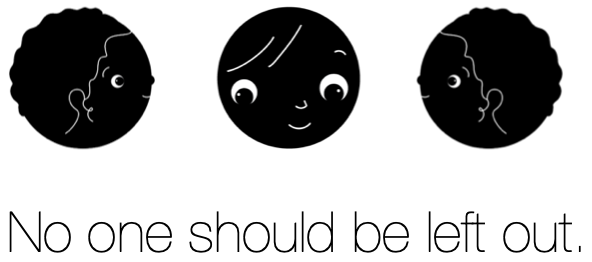
-
Parentheses helvetica
Women are affected by period stigma and lack of education about menstruation. Menstruation is a basic biological function that over half the global population experiences.
Let’s normalize conversation about it.
You can help. Join our campaign.
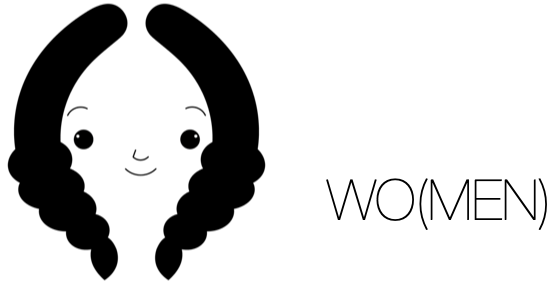
-
Pause thin
Two-thirds of low-income women in the US could not afford menstrual products in the past year, with half needing to choose between menstrual products and food. —source: Period Poverty: why it should be everybody’s business
You can help. Join our campaign.
-
PeriodPositive thin
“At its core, menstruation is a basic biological function that over half of the global population experiences ... This should be the most normalized celebrated thing. And then you look at the reality. It isn't celebrated. It isn't supported. We don't have the best products, and they’re inaccessible. We should live in a period positive culture.”
—Harvard graduate and entrepreneur Nadya Okamoto, founder of AugustYou can help. Join our campaign.
-
What Is this
A lack of access to menstrual products, hygiene facilities, waste management and education that affects many women globally, causing physical, mental and emotional challenges. —source: Journal of Global Health Reports
You can help. Join our campaign.
-
YouShouldCare thin
The list is long:
- Wage gap: Women still earn only 83 cents for every dollar a male earns.
- Lifetime cost: Up to $18,000 for the purchase of products to manage your period.
- Unaffordable: Many low-income households cannot afford menstrual products on a regular basis, sometimes choosing food instead.
- Missing out and falling behind: When people don’t have access to the period products they need, they miss school, work and activities that put them behind their peers.
You can help. Join our campaign.
 Period Poverty is when menstruators don’t have the financial means to purchase what they need to manage their period.
Period Poverty is when menstruators don’t have the financial means to purchase what they need to manage their period.
These products can be expensive and they’re not provided like other basic necessities in restrooms like toilet paper, paper towels and soap. Women face a wage gap, and there’s the additional financial burden of managing what is a basic biological function. It’s a heavier burden on low-income families who sometimes have to choose between food and menstrual products. When they don’t have what they need, they miss out on work, school, activities and opportunities.
LEARN MORE
The first step in solving any problem is education. You can learn more about Period Poverty from these sources:
https://period-action.org/periodpoverty
https://www.joghr.org/article/32436-period-poverty-why-it-should-be-everybo…
https://period.org/uploads/State-of-the-Period-2021.pdf
https://www.statista.com/statistics/1243035/negative-impact-of-period-pover…





































































































